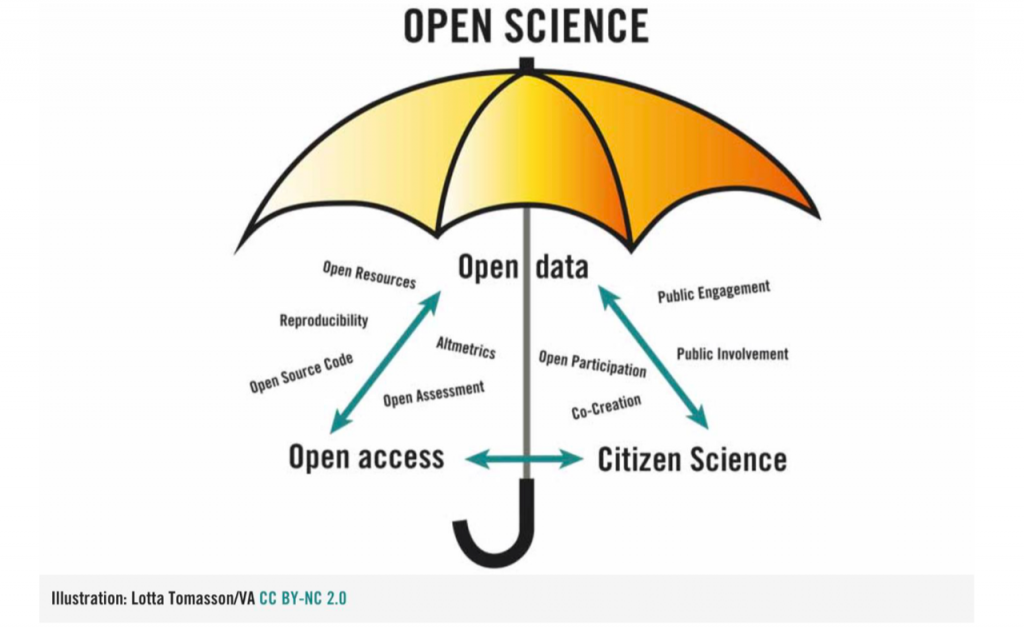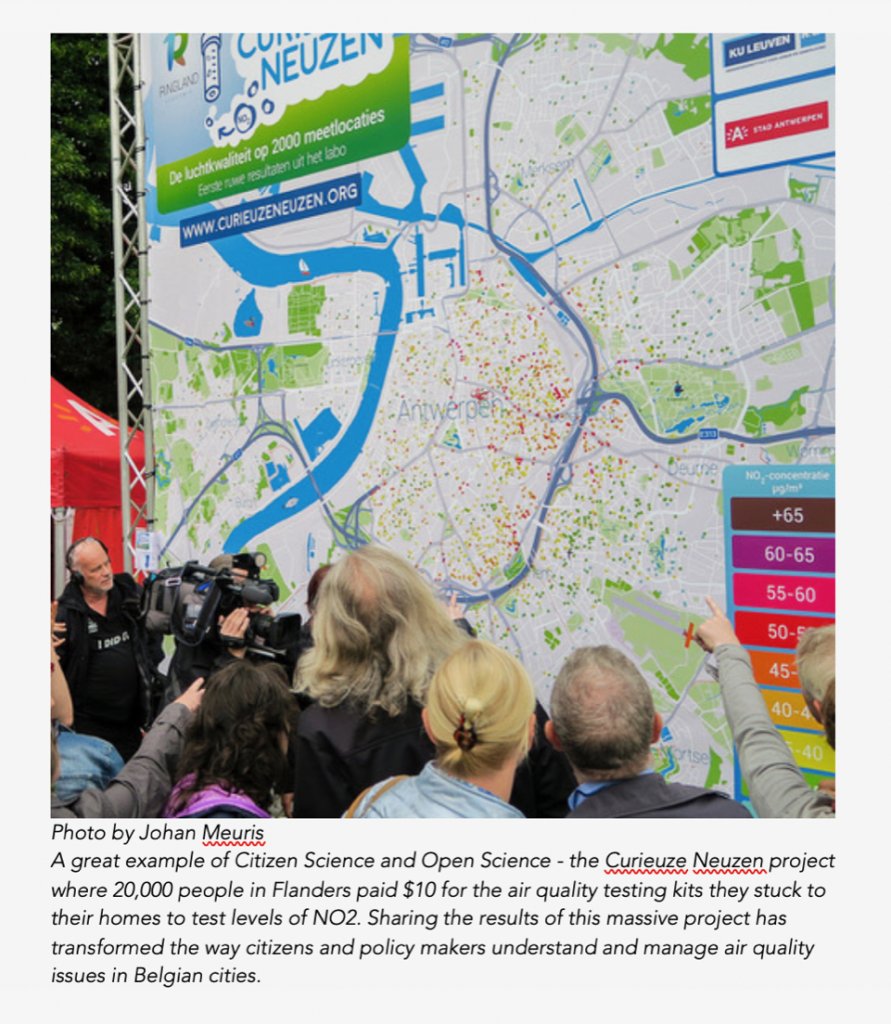Open Science, the movement working to make research more accessible and transparent, has been developing since the late 1990s. Citizen Science, has been developing in parallel and benefits from many of the technological advances that have allowed Open Science to flourish.
As our networks have been working hard to raise the profile, understanding and uptake of Citizen Science so those encouraging the practice of Open Science have been doing the same with increasing success.
Now with an understanding of the importance of the widespread collaboration of communities and science to address urgent planetary challenges, UNESCO has identified the need to encourage science to be more connected to societies’ needs and to offer real opportunities to allow everyone to participate and benefit from what science can offer. They have established a process for developing a global standard setting Recommendation on Open Science which they expect will be adopted by the UNESCO General Conference in 2021. This will be a formal agreement which will acknowledge the importance of Open Science and agree global standards making this approach to research more valuable for policy makers, governments and society.
We are very pleased that Citizen Science has been recognised as a key element of Open Science and the global Citizen Science community has been invited to contribute to this process as part of the expert Advisory Committee. The first request was to develop a short paper on ‘Global Citizen Science perspectives on Open Science’ where the views of 63 Citizen Science practitioners from 24 countries (including 5 from Australia) were synthesised into the paper responding to UNESCO’s key themes. This paper can be found here.

From our consultation it became clear that there is a consensus that Citizen Science is understood to be an important pillar of Open Science. There is also now significant expertise within both the Open Science and Citizen Science movements making this UNESCO initiative an opportune time for us jointly to consider how to maximise the opportunities of collaboration to make further advances together.
In order to “bring citizens closer to science”, the Citizen Science movement works to “leave no one behind” and develop co-creative processes which engage communities in research and learning which is relevant to their concerns. This is the particular aspect of Open Science which UNESCO has highlighted in this initiative which Citizen Science embodies, so we are confident we can make a significant contribution to this work.
Recognising this consultation is a significant opportunity for the advancement of Citizen Science, the Citizen Science & Open Science Community of Practice (CoP) has been established under the umbrella of the Citizen Science Global Partnership (CSGP). This CoP will allow members access to learn from and contribute to the networks of Citizen Science communities across the world to enrich the UNESCO consultation process for the Recommendation. If you are interested in joining this CoP please register here.
UNESCO is particularly keen to encourage Indigenous communities to contribute to this process from the beginning.
Any questions and for further comments please contact: Libby Hepburn (co-chair CSGP Open Science & Citizen Science Community of Practice) libby@atlasoflife.org.au.

